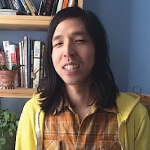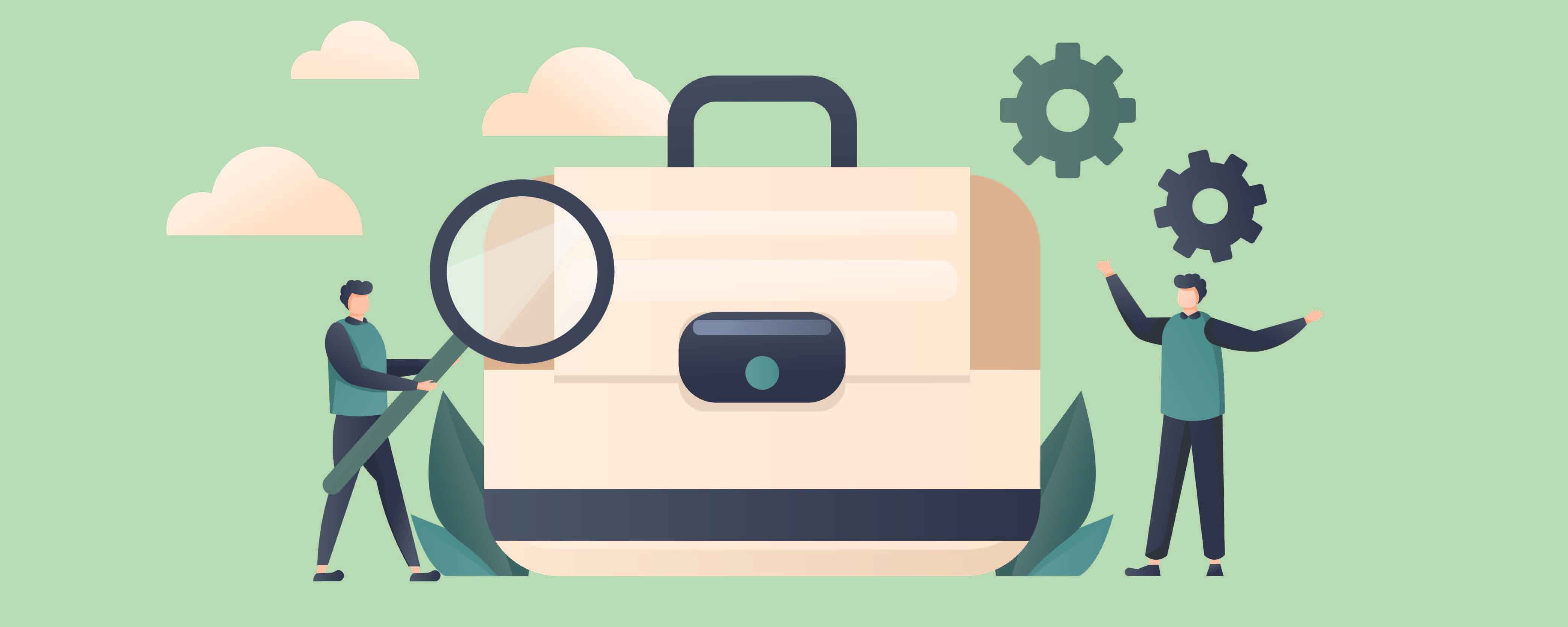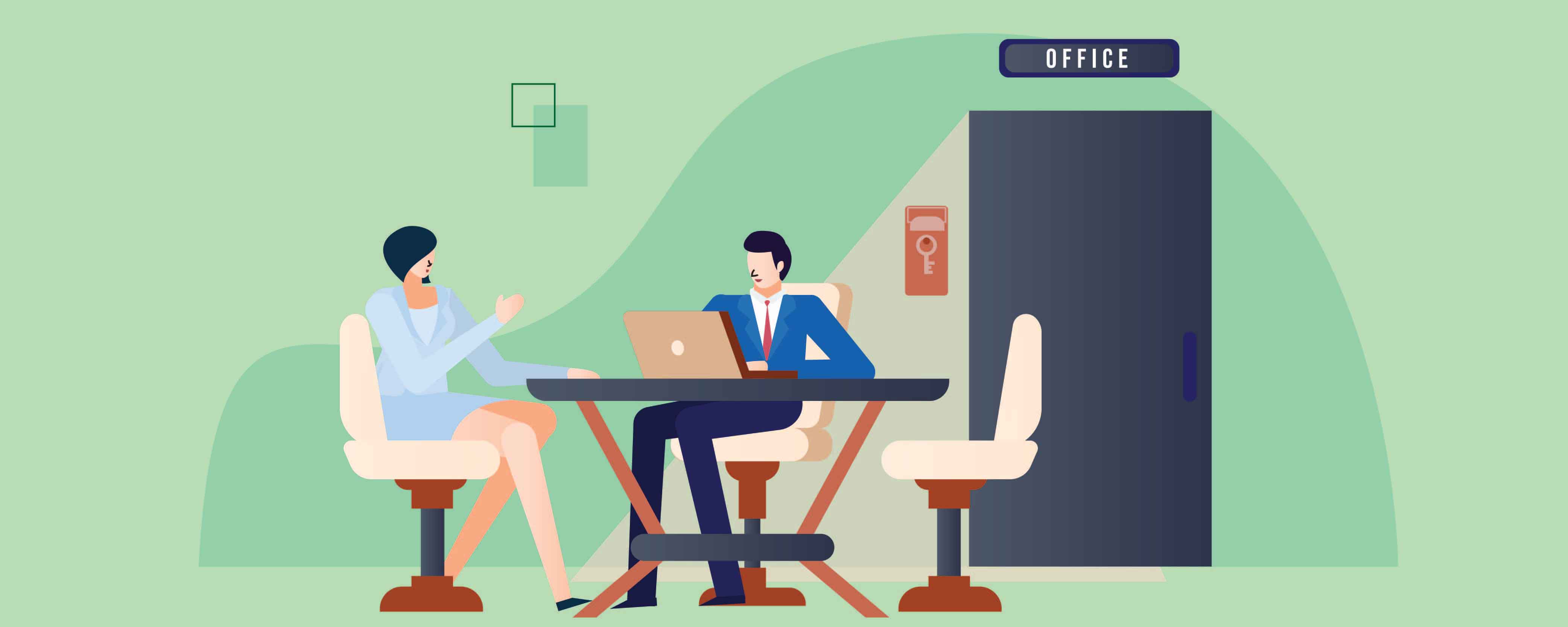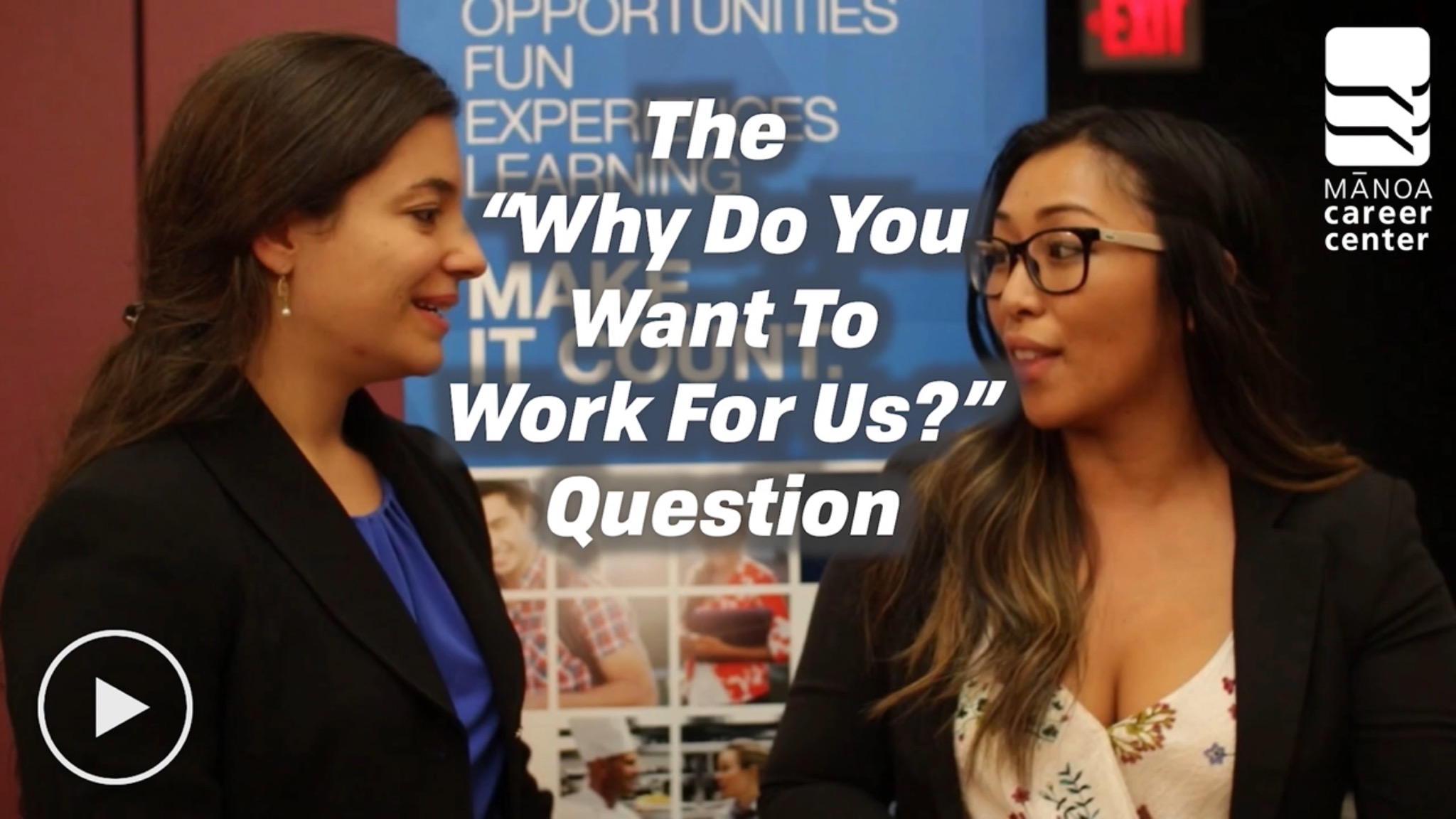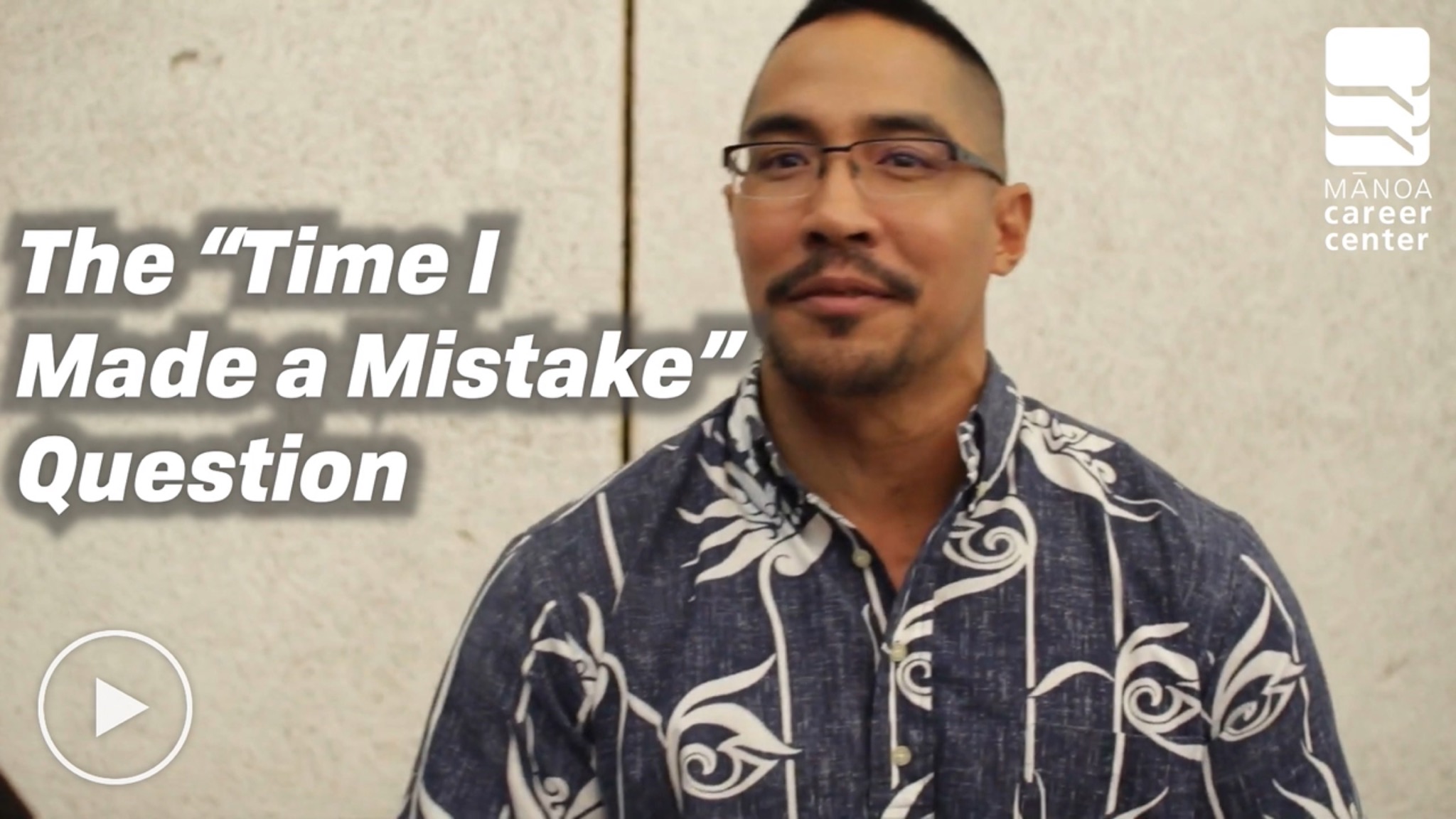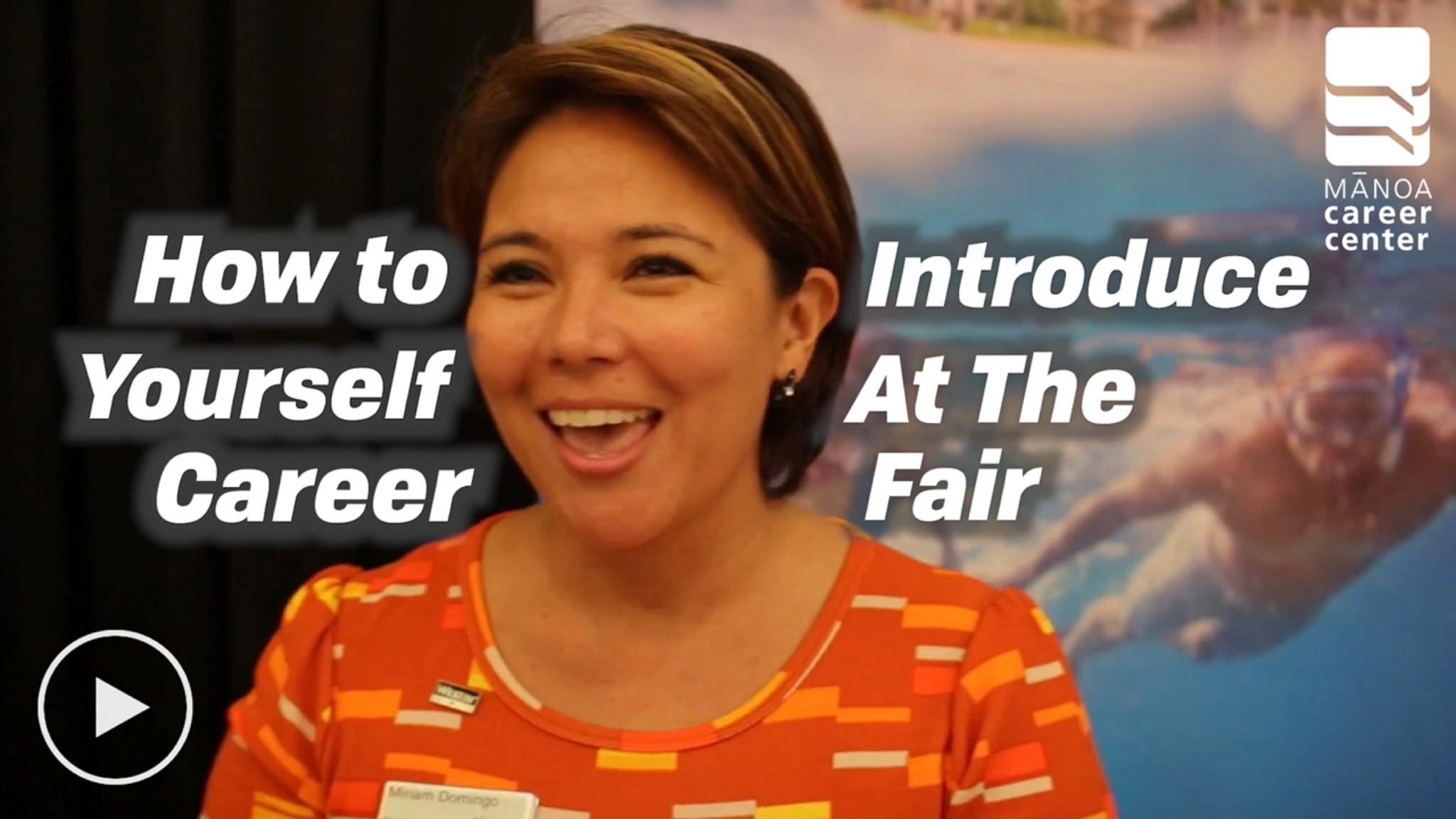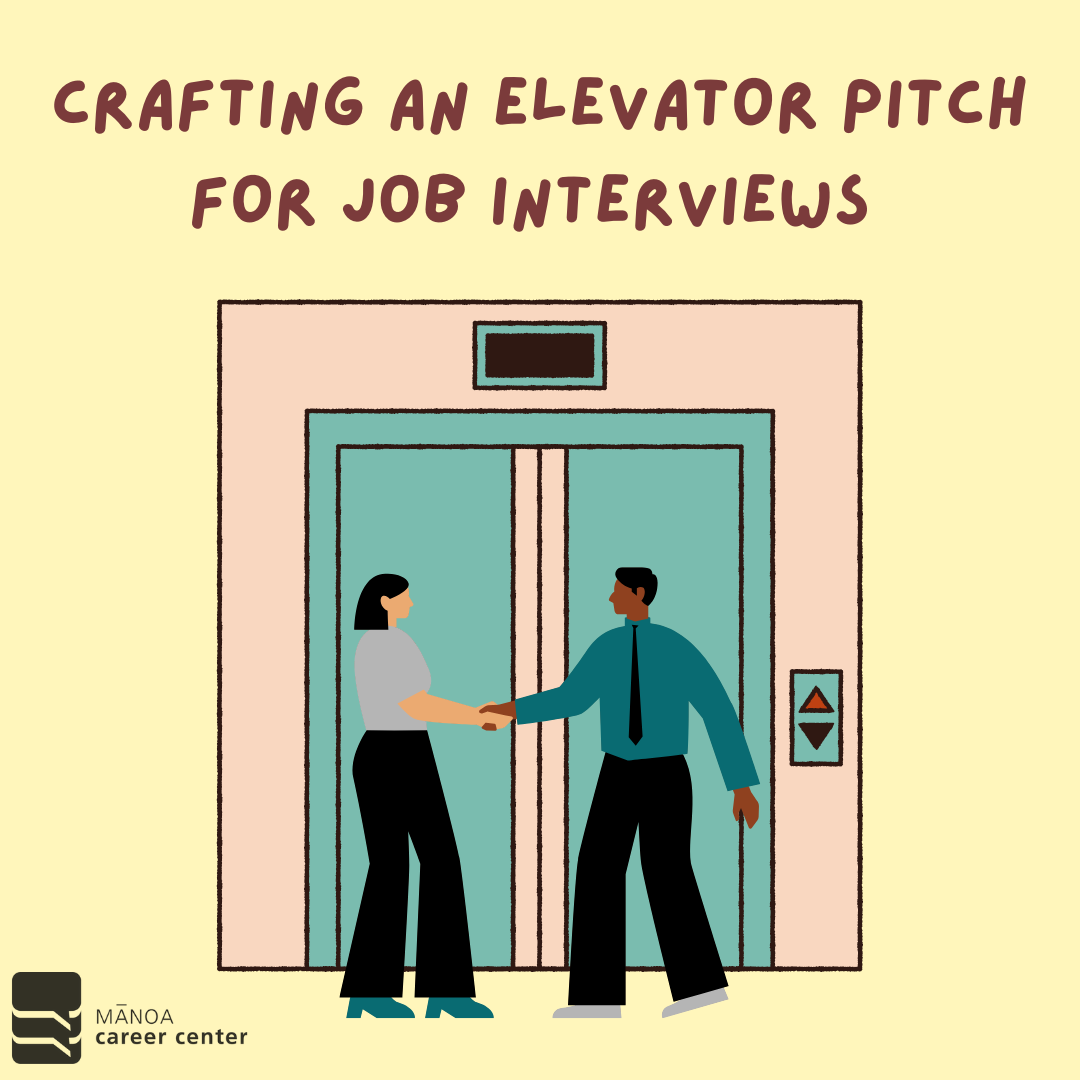Sustainability
Sustainability is to provide the needs of the present generation while not compromising the ability of future generations to meet their own needs. Sustainability integrates social, environmental, and economic systems.
The term originated from ecology as the ability of an ecosystem to maintain ecological processes, functions and productivity into the future. To be sustainable, nature's resources must only be used at a rate at which they can be replenished naturally. In recent years, scientific evidence has shown that humanity is living in an unsustainable way, by consuming Earth's limited natural resources faster than being replaced by nature.
Today, a collective human effort to keep human use of natural resources within the sustainable development aspect of the Earth's finite resource limits is an issue of great importance to the present and future of humanity. Sustainability has also become a vital asset in education, business and technology (architecture, agriculture, engineering, etc.)
 Danielle Herman Fisher, Zoology
“Sustainability is creating buildings, clothing, food, jobs, etc., even lives in ways that can be maintained for generations to come without depleting the natural resources of our planet or damaging any of its fragile ecosystems, it's a system in which everyone profits.”
Danielle Herman Fisher, Zoology
“Sustainability is creating buildings, clothing, food, jobs, etc., even lives in ways that can be maintained for generations to come without depleting the natural resources of our planet or damaging any of its fragile ecosystems, it's a system in which everyone profits.”
 Tamara Armstrong, Interdisciplinary Studies focusing on Sustainability
“Sustainability is a concept: it is a way of thinking about society that considers the delicate balance between ecological, social, and economic stability.”
Tamara Armstrong, Interdisciplinary Studies focusing on Sustainability
“Sustainability is a concept: it is a way of thinking about society that considers the delicate balance between ecological, social, and economic stability.”
 Vance Araki, Business
“Sustainability is our ability to sustain social, economic, and ecologic well-being; it is a value system of zero resource waste, including human and financial capital. This overarching value system seeks to design socio-economic systems that coexist harmoniously within the larger ecosystem it’s housed.”
Vance Araki, Business
“Sustainability is our ability to sustain social, economic, and ecologic well-being; it is a value system of zero resource waste, including human and financial capital. This overarching value system seeks to design socio-economic systems that coexist harmoniously within the larger ecosystem it’s housed.”
Sustainability Programs:
At the University of Hawai‘i at Mānoa, the Department of Urban and Regional Planning (DURP) is an academic discipline that fosters a multidisciplinary set of intellectual and practical tools to help us chart our future in an age of uncertainty. We strive to improve the quality of life for present and future generations, both locally and globally, through planning, public policy and social collaboration.
Our mission is consistent with the system mission of the University of Hawai‘i which is: "to provide an environment in which faculty and students can discover, examine critically, preserve, and transmit the knowledge and wisdom that will help ensure the survival of present and future generations with improvement in the quality of life." The Department of Urban and Regional Planning serves students, researchers and practitioners in Hawai‘i, the mainland, and around the globe, especially from the Asia-Pacific region.
We provide planning education, engage in a broad range of research and enhance professional practice in the areas of multicultural governance, community development, environmental protection, resource management, and infrastructure planning.
Contacts:
- Makena Coffman: sustainable energy policy and climate change mitigation
- Kem Lowry: Sustainable community and marine protected area management
- Luciano Minerbi: Sustainable land use planning and environmental management
- Jim Spencer: Sustainable economic development, shelter and services
- Karen Umemoto: Community planning for sustainability
- Sharon Miyashiro: Sustainability policy in Hawai‘i
Related Links:
- University Students of Urban & Regional Planning
- Sustainable Agriculture In Hawai‘i
- www.learningforsustainability.net
- www.sustainable.org/information/jobs.html
- www.epa.gov/Sustainability
- www.sustainable.org
- www.sustainablemeasures.com
- www.sustainability.org
- www.hawaii.edu/sece
- Full Time Jobs
- Guide to Going Green at College
- Guide to Green Degrees and Careers


